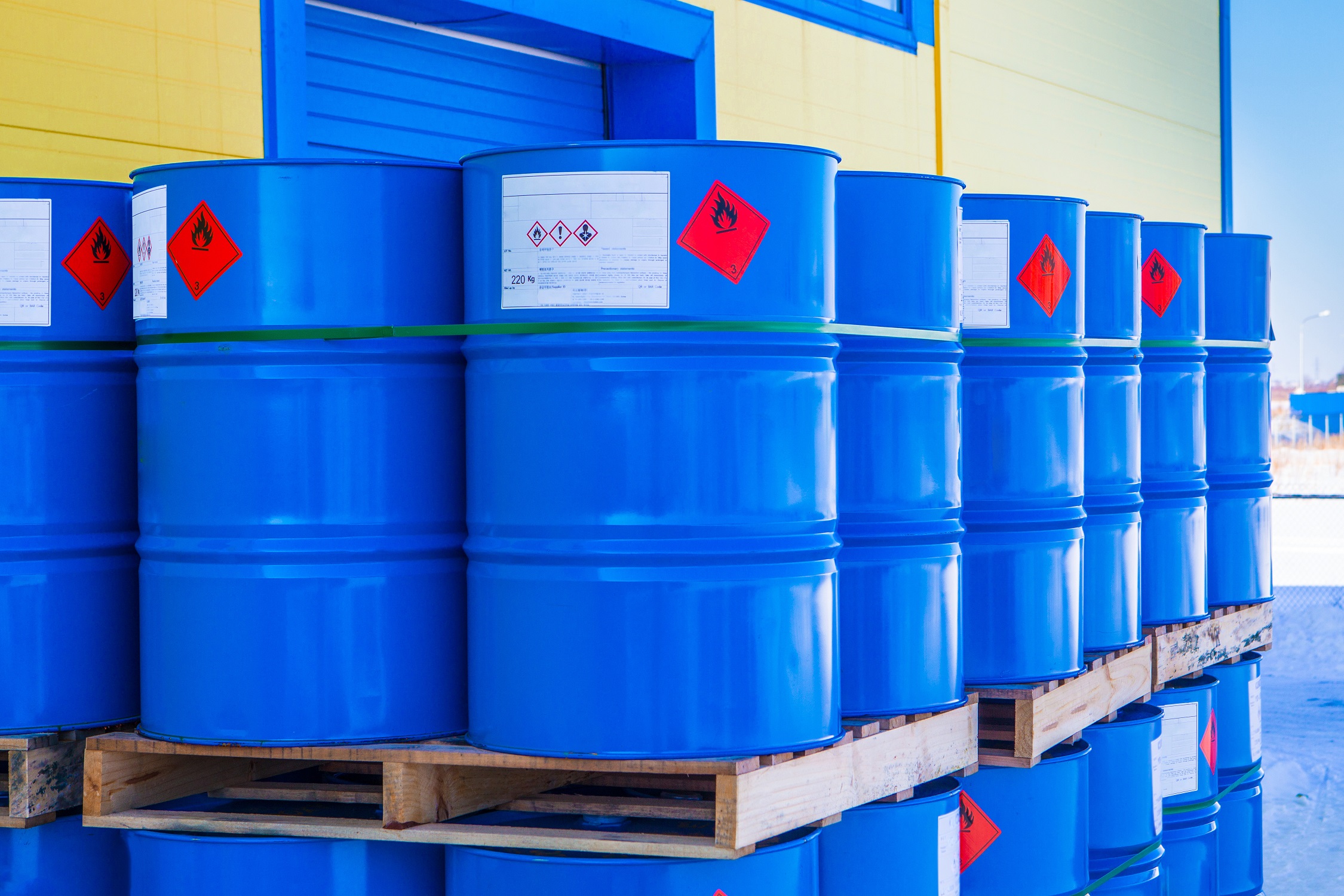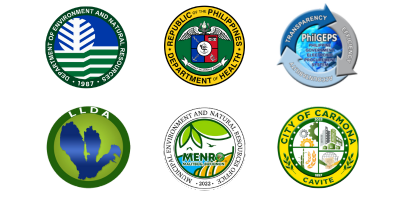In recent years, the Philippines has seen rapid urbanization and industrial growth. While this development brings numerous benefits, it also presents challenges, particularly in the realm of waste management. One crucial aspect often overlooked is the proper handling and disposal of hazardous waste, including used cooking oil from restaurants and other establishments.
Understanding Hazardous Waste
Hazardous waste encompasses materials that pose significant risks to human health and the environment if not managed correctly. In the Philippines, common types of hazardous waste include:
- Used cooking oil from restaurants and food establishments
- Chemical waste from industrial processes
- Medical waste from healthcare facilities
- Electronic waste from discarded devices
As the Philippines continues to grow and develop, proper hazardous waste management becomes increasingly important. By working with certified hazardous waste transporters, businesses and institutions can contribute to a cleaner, safer environment for all Filipinos. Remember, responsible waste management is not just a legal obligation—it’s a crucial step towards a sustainable future for our nation.
The Environmental Impact
Improper disposal of hazardous waste can lead to severe environmental consequences:
- Water Pollution: When hazardous materials seep into groundwater or are dumped into waterways, they contaminate drinking water sources and harm aquatic ecosystems.
- Soil Contamination: Toxic substances can render soil infertile and unsafe for agriculture or human habitation.
- Air Pollution: Some hazardous materials release harmful fumes or particles when improperly handled or disposed of.
Health Risks
The mismanagement of hazardous waste poses significant health risks to communities:
- Exposure to toxic chemicals can lead to respiratory issues, skin problems, and more severe long-term health effects.
- Contaminated water sources can spread waterborne diseases.
- Improper handling of medical waste can contribute to the spread of infections.
The Role of Professional Hazardous Waste Transporters
Given these risks, it’s crucial to entrust hazardous waste management to certified professionals. Specialized hazardous waste transporters play a vital role in ensuring safe collection, transportation, and disposal of these materials. They:
- Adhere to strict safety protocols and regulations
- Use appropriate equipment and vehicles for safe transport
- Ensure proper documentation and tracking of waste
- Dispose of hazardous materials at authorized facilities




